We know, we know, the year weŌĆÖve just had was about as enjoyable as the tooth-drilling scene from Marathon Man. But it was certainly dramatic, and if you look hard enough, you might even find one or two Frank Capra moments to celebrate. ║┌Č┤╔ńŪ° presses the rewind button
Wonderful is not the word you would use to describe life in the construction industry in 2008. It is hard to see the good things when everything around you is imploding (the economy), stagnating (the property market) and plummeting (housebuildersŌĆÖ share prices). In the 12 months to November, 71,000 construction jobs had been lost in the UK and even the industryŌĆÖs safe haven of Dubai suffered the effects of the global downturn. Clarence, the guardian angel in ItŌĆÖs a Wonderful Life, would no doubt point to all the achievements that couldnŌĆÖt have taken place without a world-class industry capable of delivering breathtaking architecture and projects on the scale of Heathrow Terminal 5, so to alleviate the depression, we try to do something similar (see box below). But first for something a little less feelgood ŌĆ”
Misery
It could be argued that the year really began four months earlier than usual. Northern RockŌĆÖs bail out by the government last September announced the arrival of the credit crunch on this side of the Atlantic, and a sense of impending doom was hanging over the industry long before the new year. By January, the Construction Products Association had downgraded its growth predictions for the year to a quaintly optimistic 1.1%, Gladedale had closed two offices and fellow housebuilders Taylor Wimpey and Charles Church were frantically writing to suppliers asking for a 5% discount on all orders. Little wonder that ║┌Č┤╔ńŪ° declared on its cover on 25 January that the slump of 2008 would be housebuildersŌĆÖ biggest test for 15 years.
That was soon beginning to look like an understatement. In February, Persimmon slashed 300 jobs ŌĆō an act that was to be replicated with unnerving regularity as the year went on ŌĆō the NHBC revealed that house sales had fallen 36% from the previous year and the near collapse of US bank Bear Stearns was a nasty indication that the US sub-prime mortgage crisis had far from run its course.
It was clearly a poor time to put your money where your mouth was, so instead ║┌Č┤╔ńŪ° took the opportunity to invest ┬Ż100 imaginary pounds in shares in a selection of housebuilders and contractors. ItŌĆÖs just as well they were imaginary: by the start of May, our ┬Ż100 investment in Barratt was worth ┬Ż68. Meanwhile, Persimmon had stopped work on new sites because sales were so poor, Taylor Wimpey had stopped buying land, mortgage lenders were continuing to cut products, Tony Pidgley, the Berkeley Group chief executive who acquired the aura of a prophet after predicting the last crash, was declaring the downturn ŌĆ£worse than the recession of the early ninetiesŌĆØ, and nobody was talking about the governmentŌĆÖs plans to build 2 million houses by 2012 any more. Unfortunately, things were about to get worse.
The summer brought little respite from the gloom. As the boss of one volume housebuilder put it: ŌĆ£ItŌĆÖs shit out there and getting shittier by the day and thereŌĆÖs no sign of when the shit is going to lift.ŌĆØ In July Barratt announced a rescue deal with its banks that saved it from collapsing under its ┬Ż1.7bn debt pile, but in the same month Taylor Wimpey admitted that its ┬Ż500m rights issue had fallen flat on its face.
The retail sector complained of weakening sales, fit-out specialist Styles & Wood announced 45 job cuts and contractors were fearing the double squeeze: falling demand coupled with rising material prices.
In August, ║┌Č┤╔ńŪ° revealed that Taylor Wimpey was circulating the sale documents for construction division Taylor Woodrow. The company had been in talks with eventual buyer Vinci since February. Meanwhile, Bernie Horn of US company Polaris Asset Management berated the markets for the hysteria and panic that had broken out in relation to housebuilders, little knowing that the panic was about to reach a whole new level.
The collapse of Lehman Brothers in September and the subsequent prolific short-selling of UK financial stocks threw the economy into turmoil. HousebuildersŌĆÖ shares nosedived yet again, with Barratt losing 20% of its value in a week and Taylor Wimpey losing 26%. Amid the mayhem, Redrow became the second large housebuilder after Barratt to get a refinancing deal done ŌĆō and Bellway managed to find enough spare cash to award its boss a ┬Ż275,000 bonus.
And so we came, bloodied and battered to the end of the year. The total amount of work won by UK contractors in November was half the figure it was at the same point in 2007, while housing starts had fallen to their lowest level since 1924. And as for those notional ┬Ż100 investments ŌĆ” by mid-December, our holding in Taylor Wimpey was worth ┬Ż6.
Notes on a scandal
On 17 April, contractors awoke to the news that 112 firms had been formally accused by the Office of Fair Trading of bid-rigging activities. Public sector clients and local authorities began looking through their frameworks for named companies as trade bodies and lawyers rushed to insist that the accusations were unproven.
The investigation has rumbled along ever since, but been dwarfed in most peopleŌĆÖs minds by the parlous state of the economy. The OFT has promised to levy fines in the new year, and these may be as much as 10% of the guilty companiesŌĆÖ global turnover.
The departed
2008 was notable, sadly, for a number of departures:
ŌĆó In February, Hills Electrical & Mechanical was snapped up by rival Southern Electric Contracting for ┬Ż1.
Property services company Erinaceous and housebuilder Consort Homes went into administration in April, followed by developer City Lofts in July and David McLean Homes in October. In November, a shoal of small contractors went under, including Pettifer Construction, York House Construction, Linpave and two parts of the Robin Ellis Group.
ŌĆó High-profile personalities to make an exit included Murray Coleman, Bovis Lend LeaseŌĆÖs UK chief executive, who returned to Australia, Vaughan Burnand, Shepherd ConstructionŌĆÖs chief executive, and David Ross, who quit as Olympic adviser to Boris Johnson.
ŌĆó The political merry-go-round continued: Baroness Vadera arrived and departed as construction minister, to be replaced by Ian Pearson. Margaret Beckett stepped into Caroline FlintŌĆÖs shoes as housing minister.
Love story
It was a quieter year for consolidations, but there were a few notable unions:
ŌĆó Alfred McAlpine was bought by Carillion for ┬Ż574m in February
ŌĆó Balfour Beatty bought Dean & Dyball for ┬Ż45m in March
ŌĆó Bullock was bought by Lloyds Development Capital for ┬Ż100m, and Rok bought Richardson Projects for ┬Ż41m, in April
ŌĆó French energy supplier EDF bought British Energy for ┬Ż12.5bn in September after months of negotiations, thereby paving the way for a new generation of nuclear power stations
ŌĆó French contracting colossus Vinci picked up Taylor Woodrow for the bargain price of ┬Ż74m, also in September
Some like it hot
It is a truth universally acknowledged that an Arab sheikh in possession of a good fortune must be in want of a UK project team to build him a mile-high pleasure palace. And so it was that with life getting progressively harder in the UK, everyone ŌĆō from consultants to architects to contractors ŌĆō was heading to the UAE in the hope of picking up a lucrative job or two in the land the crunch forgot.
It helps that the projects are remarkable, too: the Burj Dubai (pictured) passed the 700m mark, and we managed to sneak on site for a look round in November. Projects in the pipeline are no less ambitious. If it is built, the 1.4km Nakheel Tower in Dubai will dwarf the Burj, and Abu Dhabi has some ┬Ż280bn to spend on creating four new districts by 2030 ŌĆō a task only marginally less ambitious than turning Manchester City into a Champions League-winning team.
But it seems that nowhere is safe from the downturn. In November ║┌Č┤╔ńŪ° reported that the property market in Dubai was cooling and projects such as AtkinsŌĆÖ ┬Ż430m Executive Towers and Dubai PropertyŌĆÖs ┬Ż9bn Culture Village had been put on hold. All is not lost, however, as those wanting to chase up work abroad can still look to Abu Dhabi, Saudi Arabia, Bahrain, Qatar and Oman, which remain buoyant. For now, at least.
Village of the damned
As the financial gloom deepened, the Beijing Olympics in August brought a ray of light. ║┌Č┤╔ńŪ° went out to China in the lead up to the Games to see how the venues were progressing and was suitably impressed.
The same could not be said for London ŌĆ” The government struggled for the best part of the year to work out a deal with developer Lend Lease for the ┬Ż1bn athletesŌĆÖ village before the Olympic Delivery Authority admitted the company could not raise funding. ║┌Č┤╔ńŪ° revealed at the start of December that housing association Southern Housing Group was being brought in to help develop the affordable homes element of the village, in a move designed to pave the way for the deal with Lend Lease. But Olympics minister Tessa Jowell indicated that the ODA would probably have to draw on its contingency fund. She said: ŌĆ£ I don't think the use of the fund should be seen as any kind of failure.ŌĆØ Hmmm.
Sweet and lowdown
Developer Candy & Candy proved that being one of the flashest kids on the block doesnŌĆÖt make you immune to the crunch. In October the group was forced to quit its role as development manager on the ┬Ż300m Noho Square project in central London. It emerged later in the year that the brothers Candy were having to sell their second yacht, Candyscape 2 and cancel their annual staff ski trip. Tough times indeed.
Superman
On 4 November, the US got just a little bit cooler when Barack Obama was elected. Amid the campaign trail hysteria, ║┌Č┤╔ńŪ° took the opportunity to visit New York ŌĆō at appropriately breakneck speed. We reported from Wall Street the day the $700bn bail-out package was rejected, toured the Ground Zero site to find out exactly why itŌĆÖs taking so long for anything to happen, and caught up with real estate giant Donald Trump.

Legally blonde
Boris JohnsonŌĆÖs election as London mayor on 1 May was not the architectural disaster some assumed it would be. Despite hiring noted architectural curmudgeon Sir Simon Milton as planning adviser, Johnson surprised everyone by giving some controversial projects, such as Lifschutz Davidson SandilandsŌĆÖ Doon Street tower, the green light. The shaggy-haired, Latin-speaking Tory spoke at the launch of the London Festival of Architecture on the ŌĆ£geniusŌĆØ of the capitalŌĆÖs architecture, which didnŌĆÖt stop him scrapping the 100 Green Spaces programme and other public realm improvements.
The good, the bad and the ugly
Few people had more ups and downs this year than Rafael Vi├▒oly. First, the US architectŌĆÖs Walkie Talkie tower in the City of London was slated, then pretty well everyone laid into plans for a giant plastic chimney at Battersea. Next, the news broke that the money had run out for the Colchester visual arts facility and the contractors had walked off site. But Vi├▒oly was on form with his Curve theatre in Leicester (pictured), which has played to rave, if not completely uncritical, reviews.
2008 online: The most read web stories of the year
ŌĆó OFT accuses 112 construction firms of rigging bids (April)
ŌĆó QSs to axe hundreds of staff to save cash (October)
ŌĆó UAE unveils Abu Dhabi masterplan (May)
ŌĆó Travelodge to build hotel with shipping containers (January)
ŌĆó WorldŌĆÖs first revolving tower set for Dubai (June)
ŌĆó FosterŌĆÖs Beijing airport opens (February)
ŌĆó Barratt axes 1,000 staff (July)
ŌĆó David McLean goes into administration (October)
ŌĆó Bonus bonanza for Wolseley bosses (October)
ŌĆó Pettifer Construction in administration after bank pulls credit (November)
What if 2008 had never happened?

Before you hit yourself on the head hard enough to induce partial amnesia, you should remember that not everything to do with UK construction went wrong this year. In fact, there are even one or two things to celebrate. Clarence T Angel takes us through them...
Westworld
People are pinching the pennies now, but 2008 was the year of retail. First up in May was the ┬Ż1bn redevelopment of LiverpoolŌĆÖs Paradise Street where developer Grosvenor got 22 architects to turn a derelict eyesore into a city quarter. In the same month bacofoil met lace at Foreign Office ArchitectsŌĆÖ John Lewis store in Leicester. And November celebrated the completion of the mother of all malls ŌĆō WestfieldŌĆÖs White City development in London.
So if you are lucky enough to have any spare cash this Christmas, you can bag the biggest bargains seen in years without having to fight through crowds. You see? It isnŌĆÖt all bad.
The client
There is at least some reason to believe that in the shape of the Homes and Communities Agency, and its chief executive Sir Bob Kerslake, the government at last has a powerful body with some ideas that might get housebuilding moving again. KerslakeŌĆÖs grasp of both the depth of the problem as well as some potential routes out of it has impressed since his appointment. And heŌĆÖs also got more than ┬Ż5bn to spend next year. What remains to be seen is how that translates in to action.
Blackboard jungle
The education sector helped keep the industry going in 2008 and will offer massive opportunities in 2009 and beyond thanks to an ambitious schools building programme bolstered by Alistair DarlingŌĆÖs decision to fast-track ┬Ż800m worth of primary school construction and refurbished secondaries in his November pre-Budget report. Without it, the industry would have lost a capital investment programme that would eventually be worth more to construction firms than the Olympics and the proposed expansion of Heathrow airport put together.
The Terminal
Okay, so the baggage handling systems failed spectacularly, flights were cancelled and thousands of passengers were left stranded. But in pure construction terms, this was a ┬Ż4.3bn project that came in on time and budget and blazed many trails on the way. Besides, much of the blame for its less than grand opening can be laid on inadequate preparation rather than building failure, and the airport is now working well. If it hadnŌĆÖt been built, the UKŌĆÖs front hall would still consist of miles of shabby corridors lined with lurid carpet and crowds of confused travellers would still be milling around in grimy, claustrophobic check-ins. As it is, we have sleek, modern architecture. The adoption of off-site manufacture and T5ŌĆÖs concern with the welfare of the workforce are fine legacies, too.
The ┬Ż16bn baby
The Crossrail megaproject continued, and continues, to be obscured by billowing clouds of doubt. Nevertheless, the government is committed to it, and when it does start making tracks it will provide a fair whack of work for the industry. The 12 engineers and architects on the design framework have been announced and in 2009 a programme partner and project delivery partner are expected to be appointed. The best guess at the moment is that site work will begin in 2010.
Gone with the wind
AtkinsŌĆÖ work on the Bahrain World Trade Centre showed that UK engineers are still at the forefront of the sustainability industry. This is the first building in the world to have large wind turbines integrated into the structure of the building.
And very fetching they are as well. If the construction industry wasnŌĆÖt continuing to develop such cutting-edge sustainable buildings, then where would we be? For one thing, there would be little chance that the UK would be able to cut greenhouse gas emissions by 80% by 2050, as was proposed in this yearŌĆÖs Climate Change Bill.
To reminisce further on any of these stories search
Memorable lines
ŌĆ£Why do banks think they can run housebuilders and why do they debt them up? They should stick to assessing risks. IŌĆÖd like to be a hairdresser but people should stick to what they do bestŌĆØ
Tony Pidgley, chief executive, Berkeley Group, October
ŌĆ£When you ring a Gordon Ramsay restaurant on Monday and can still get a table for Wednesday, you know times are toughŌĆØ
City analyst, September
ŌĆ£Saying you canŌĆÖt work in China because theyŌĆÖve got human rights issues is like not designing a toilet in case someone masturbates in itŌĆØ
Will Alsop, April
ŌĆ£Where IŌĆÖm from, everyone is running round in gangs, carrying knives, getting up to no good and all that. I donŌĆÖt want to end up as one of them because I tried to get an apprenticeship and couldnŌĆÖtŌĆØ
Michael Sullivan, would-be apprentice, from Tower Hamlets, east London, June
ŌĆ£Life is just one long series of crises and disappointmentsŌĆØ
Nick Clegg, August
ŌĆ£What the hell is handball?ŌĆØ
David Higgins, chief executive, Olympic Delivery Authority, August
ŌĆ£I was once asked in an interview to demonstrate my management skills. I said my children were always in the right place, at the right time, with all the right kit. The interviewer was not a mother and so didnŌĆÖt appreciate the significance of this achievementŌĆØ
Jean Venables, first woman president of the Institute of Civil Engineers, December
Postscript
Original print headline ŌĆśItŌĆÖs a horrible life - Review of 2008ŌĆÖ





















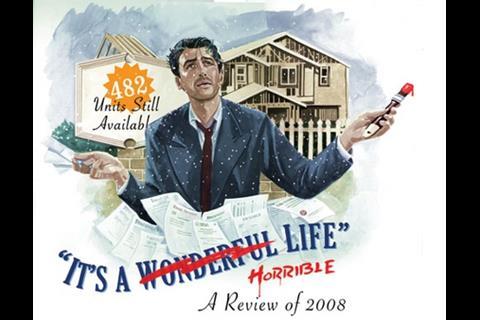




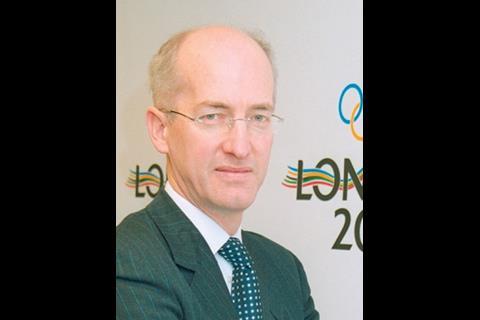


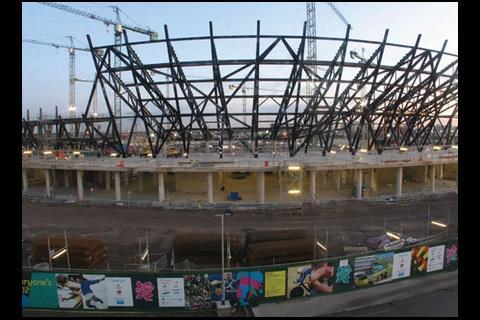

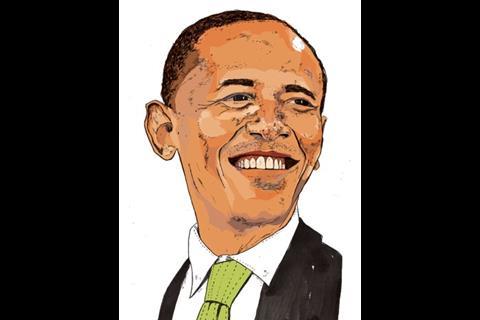
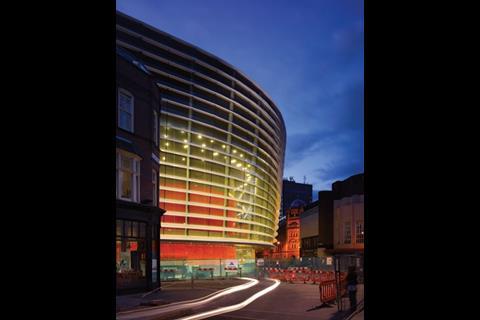
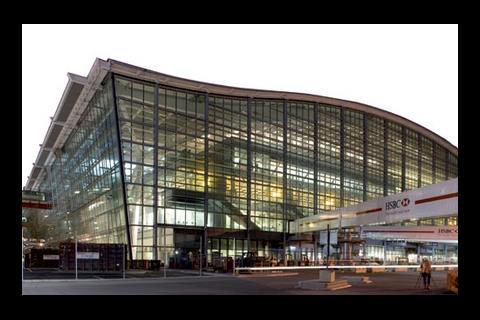
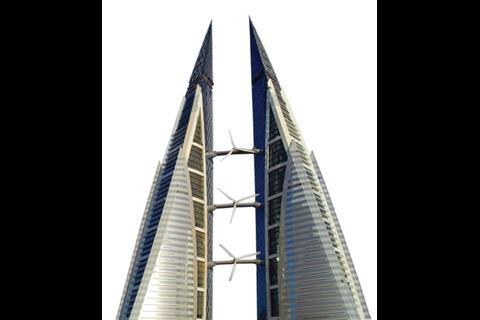
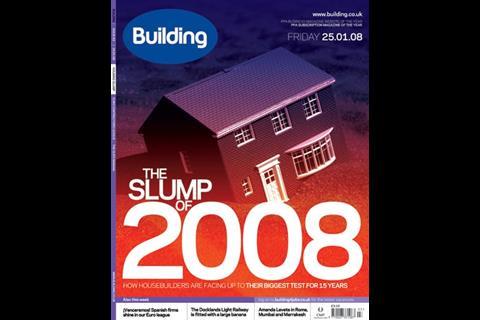
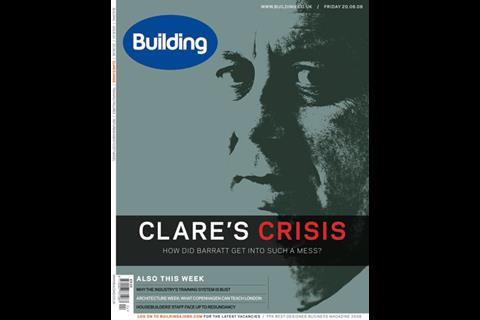

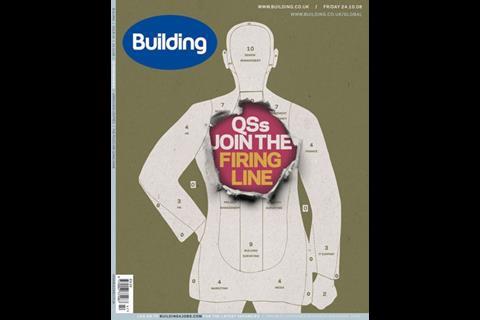
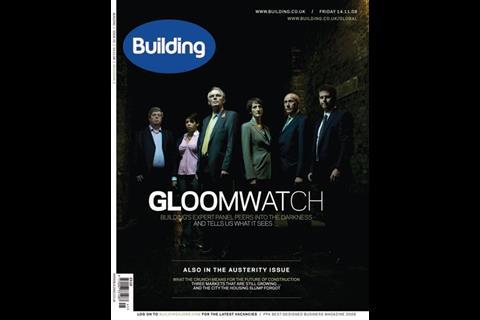
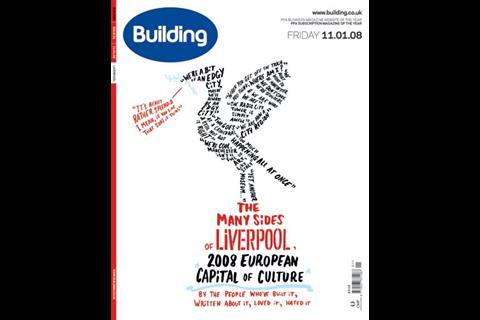
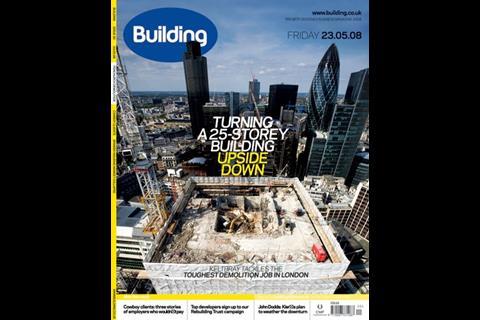
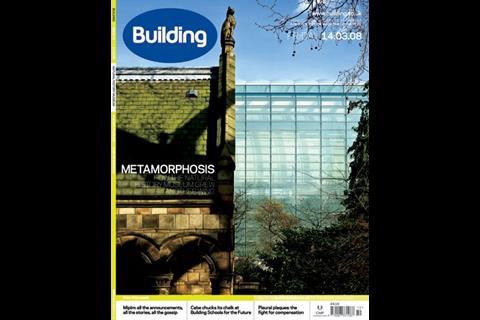










No comments yet